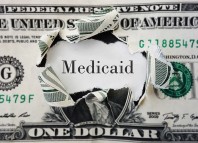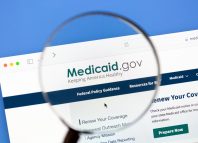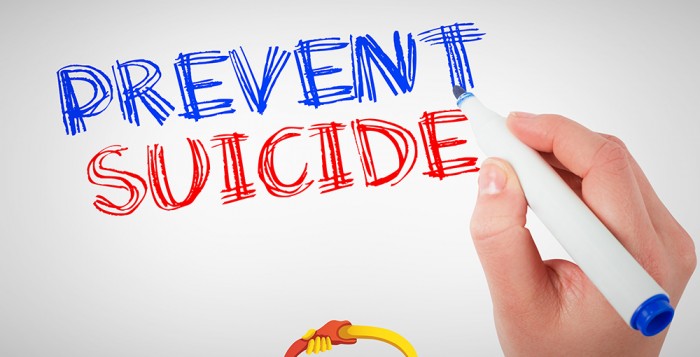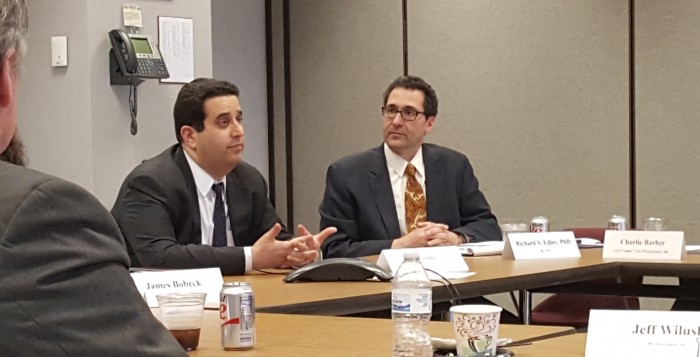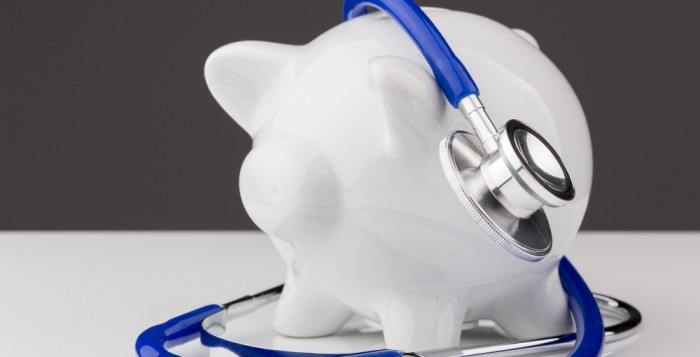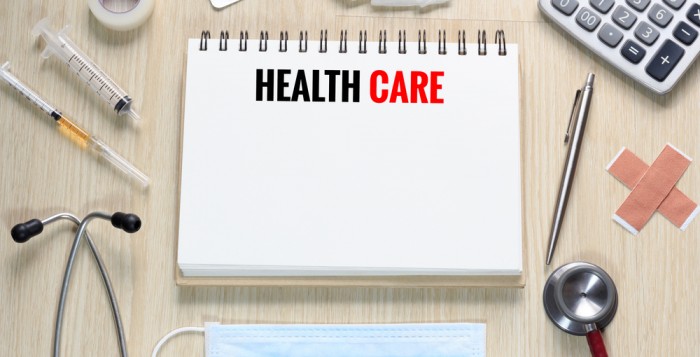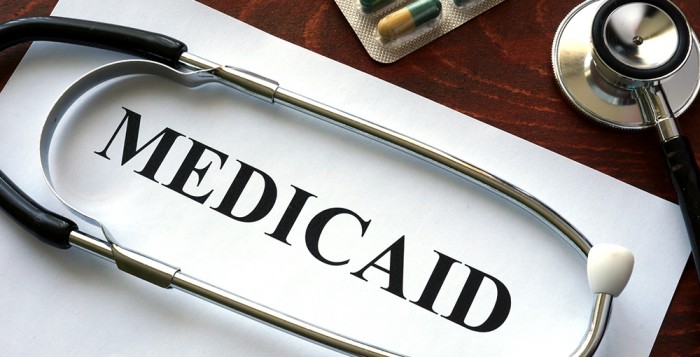From: “HS, Secretary’s Office”
Date: January 5, 2017 at 1:01:56 PM EST
To: “DHS-STAKEHOLDERS@LISTSERV.DPW.STATE.PA.US”
Subject: [DHS-STAKEHOLDERS] DHS Awards Medicaid Agreements
Department of Human Services (DHS) Secretary Ted Dallas announced that DHS has agreed to move forward and negotiate agreements with six managed care organizations (MCOs) to deliver physical health services to Pennsylvanians through HealthChoices, Pennsylvania’s mandatory Medicaid managed care program since 1997.
“These agreements will be the most significant changes to Pennsylvania’s Medicaid program since we moved to managed care two decades ago,” said Dallas. “Over the next three years, MCOs will be investing billions of dollars in innovative approaches that reward high-quality care that improves patient health rather than just providing services for a fee.”
The $12 billion, three-year contracts include a 30 percent target for payments based on value received or outcomes, rather than on the quantity of services provided.
The MCOs were selected based on several criteria, including their current performance, the level of customer service delivered, member satisfaction, and their value-based performance plan. Performance criteria measured, among other things, management of chronic conditions such as high blood pressure, diabetes, and asthma; frequency of prenatal and post-partum care; and access to preventive services.
“The average performance ratings of the selected organizations are consistently higher than the current averages in every region. This transition will result in higher levels of quality care for the 2.2 million Pennsylvanians served by Medicaid,” said Dallas.
To drive Pennsylvania’s Medicaid system towards these better outcomes, the three-year agreements set gradual targets for all MCOs to increase the percentage of value-based or outcome-based provider contracts they have with hospitals, doctors, and other providers to 30 percent of the medical funds they receive from DHS. The result will be that billions in funds that would have otherwise been spent on traditional payment arrangements will instead be invested in outcome or value-based options such as:
- Accountable care organizations (voluntary networks of hospitals, doctors, and other providers that work together to provide coordinated care to patients);
- Bundled payments (increases value-based purchasing);
- Patient-centered medical homes; and
- Other performance-based payments.
“We’re going to reward folks for providing the right services, not just more services. You get what you pay for so we’re shifting the focus of Pennsylvania’s Medicaid system toward paying providers based on the quality, rather than the quantity of care they give patients,” said Dallas. “In addition, by focusing on improving the health of consumers, we will drive down the cost of care and ultimately save the taxpayer funds we spend on health care in Pennsylvania.”
HealthChoices delivers quality medical care and timely access to all appropriate services to 2.2 million children, individuals with disabilities, pregnant women, and low-income Pennsylvanians.
For more information, visit www.HealthChoicesPA.com or www.dhs.pa.gov.
DHS has selected the following MCOs to proceed with negotiations to deliver services in Pennsylvania beginning in June 2017. The agreements are awarded in five geographic regions:
| Southeast Region |
Gateway Health
Health Partners Plans
PA Health and Wellness
UPMC for You
Vista–Keystone First Health Plan |
| Southwest Region |
Gateway Health
PA Health and Wellness
UPMC for You
Vista—AmeriHealth Caritas Health Plan |
| Lehigh/Capital Region |
Gateway Health
Geisinger Health Plan
Health Partners Plans
PA Health and Wellness |
| Northeast Region |
Gateway Health
Geisinger Health Plan
UPMC for You |
| Northwest Region |
Gateway Health
UPMC for You
Vista—AmeriHealth Caritas Health Plan |
###


